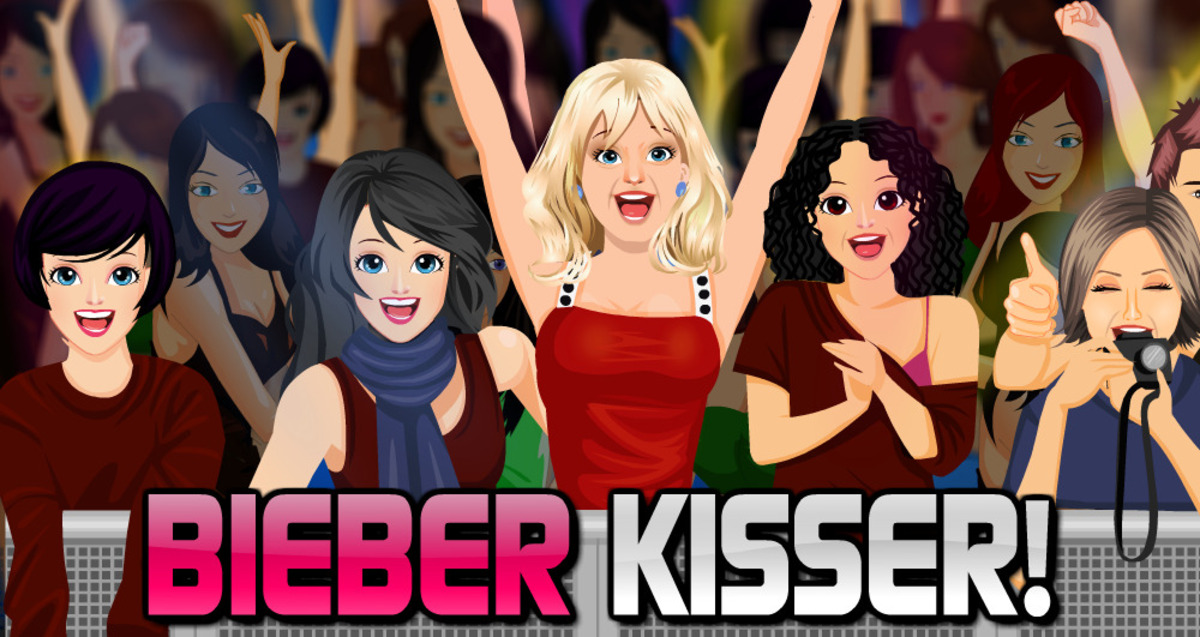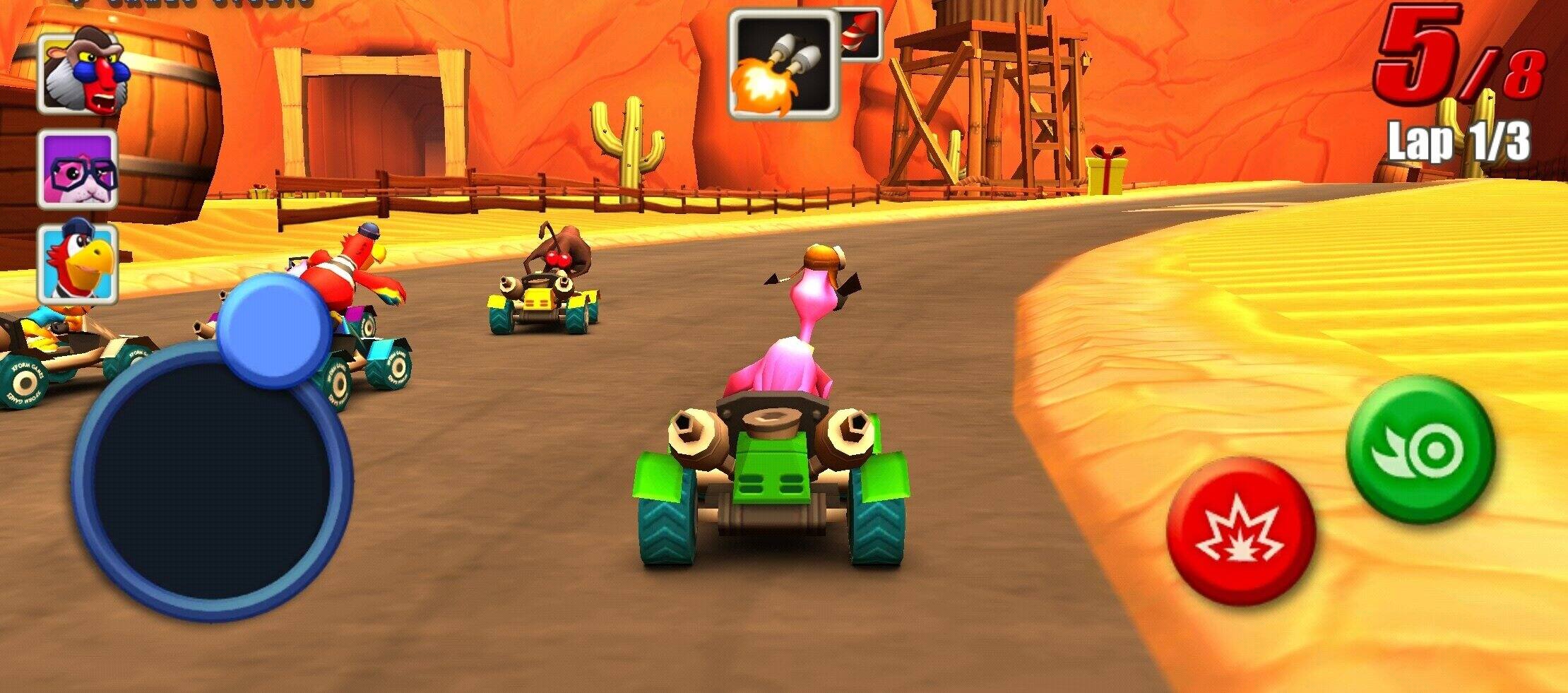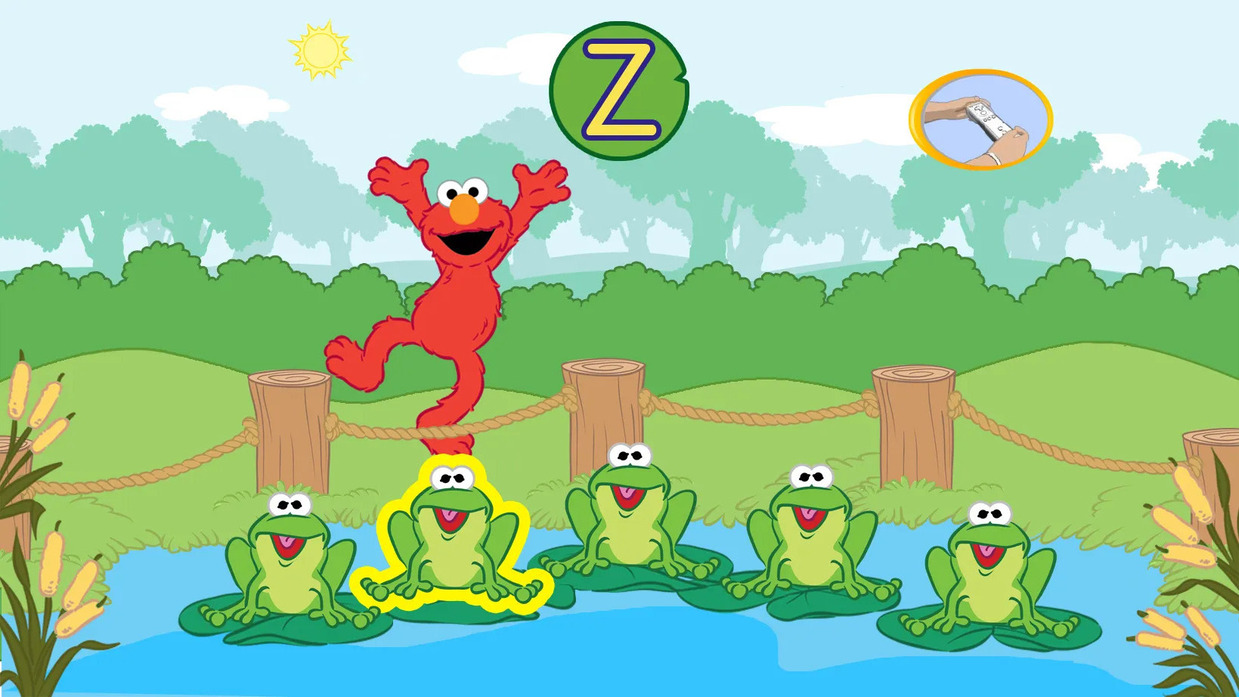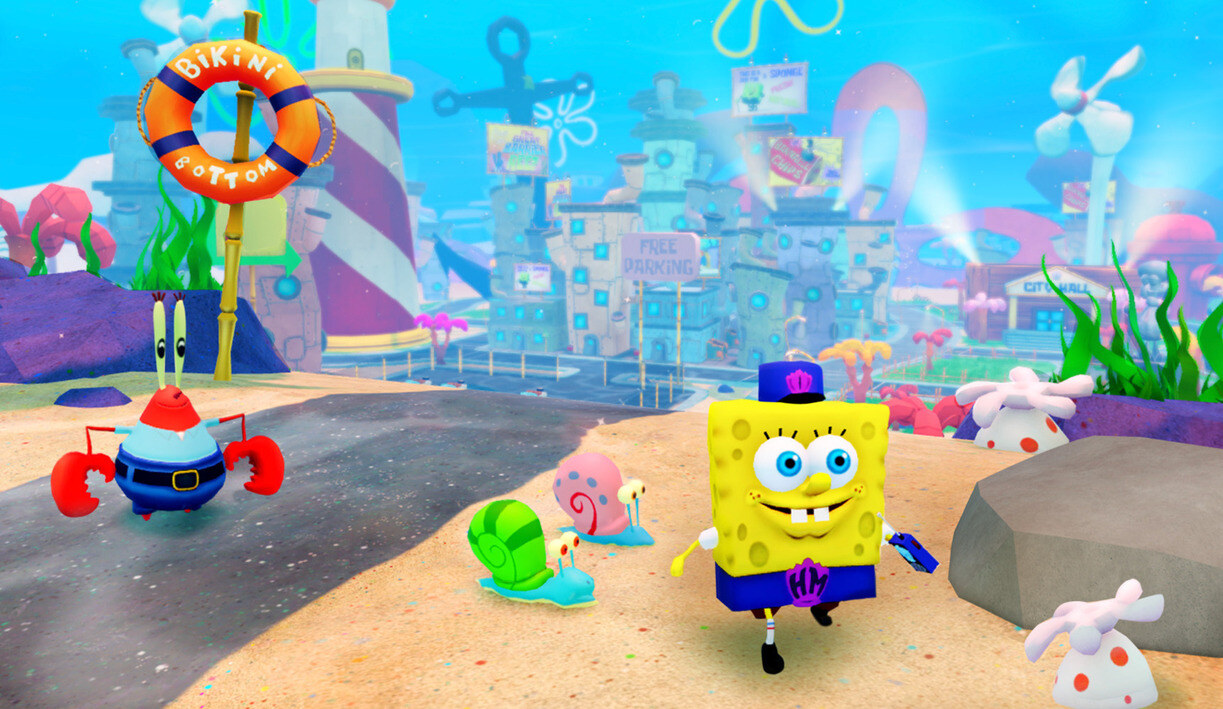A Quirky Game That Sparked Giggles and Thrills
In the world of flash games once played on school computers and internet cafés, Bieber Kisser was a favorite among teens. The objective was simple—kiss Justin Bieber without getting caught—but the result was pure fun, laughter, and even friendly competition. Though the premise was straightforward, the entertainment it brought exceeded expectations.
This kind of game served as lighthearted fun for fans and even for those just curious about the name. During Justin Bieber’s peak popularity, anything associated with him became instant content, and this game—part joke, part crush fantasy—quickly captured public attention.
It wasn’t a serious video game, nor did it require skill. But the instant gratification and humor made it a staple among early “internet games” loved by young players.
Simple Yet Addictive Mechanics
One major reason Bieber Kisser left a mark was its simple gameplay. You just click to initiate a kiss and stop when someone approaches. Think of it as a reflex-timing game with a hint of tension. It was so easy to learn that many got hooked within seconds.
No long tutorial was needed—everything was clear from the get-go. Yet despite its simplicity, there was a sense of thrill with every near miss. That tiny bit of adrenaline made the experience oddly satisfying.
The repetitive nature of the gameplay made it highly replayable. It was perfect for a quick laugh or a brief escape, and that simplicity was exactly what made it fun.
A Parody of Pop Culture Fandom
Bieber Kisser is a textbook example of parody—using the image of Justin Bieber for a lighthearted fangirl simulation. It wasn’t a grand tribute, but rather a humorous twist on celebrity obsession, with the player sneaking kisses while avoiding bodyguards.
It wasn’t meant to mock Justin but to highlight the whirlwind of attention that surrounded him. Every media appearance was followed by a meme or a joke—and games like this were just part of that trend.
It also reflected how fandom influenced digital content creation. Not all expressions of admiration come through music or merch—sometimes, they come in the form of funny, cheeky games.
A Tone Perfectly Matched to Its Audience
Bieber Kisser appealed not only to Beliebers but to internet-savvy teens who loved quirky ideas. These were players familiar with online humor and meme culture, not necessarily serious gamers.
Most played it as a joke—something to show a classmate or share on social media. Yet, it still topped game portals and lists of the “weirdest but funniest games online.”
Its ability to mix cringe, charm, and comedy perfectly captured the internet vibe of the time. It wasn’t about polish—it was about having fun and going viral.
Flash Game Fame Through Portals
Many players discovered Bieber Kisser on popular browser game platforms like GirlsGoGames, AddictingGames, and more. It was part of a wave of titles with bright colors, simple interfaces, and clickbait names that practically begged to be played.
The title alone—Bieber Kisser—was enough to grab attention. Whether it was curiosity or genuine interest, people clicked. It’s a prime example of how a catchy name can be a hook.
This visibility helped it spread internationally. It became an “inside joke” among friend groups—even for those who weren’t Justin fans. It stands as a relic of the viral Flash gaming era.
Using Celebrity Identity in Casual Gaming
Using a celebrity’s image isn’t new, but Bieber Kisser stood out thanks to its execution. It wasn’t a lazy clone—it was a tongue-in-cheek way to showcase celebrity appeal through gameplay.
This trend of building mini-games around pop icons shows how digital creativity and fandom intersect. No big graphics budget or complex gameplay was needed. A good hook, a known face, and some humor were enough to win over players.
In fact, Bieber Kisser inspired others to try making character-based games, proving that even small ideas can have big impact with the right timing.
Nostalgia for the Flash and Viral Era
With the decline of Flash, games like Bieber Kisser have faded from mainstream sites. But for those who grew up in the 2000s, it remains a nostalgic digital memory. Mentioning the game alone brings a smile.
It’s unlikely you’ll find it on modern app stores, unless someone archived it. But those who played it remember the fun. It’s a symbol of the early internet humor generation.
Even today, forums and YouTube countdowns reference it in lists like “Top 10 Weird Flash Games” or “Games You Forgot You Played.” Proof that sometimes, the silliest games are the most unforgettable.
The Role of Humor in Digital Entertainment
Bieber Kisser reminds us of humor’s value in gaming. Not every game needs to be serious or competitive. Sometimes, all you need is a ridiculous idea and a few clicks to make people smile.
Amid today’s hyper-graphic and high-intensity games, this kind of content feels like a mental break. A reminder that games can succeed not just by skill, but also by being fun or weird.
In that sense, Bieber Kisser succeeded—not through massive revenue or a long marketing campaign, but by spreading joy with a simple, silly concept.
A Tiny Game With a Lasting Impact
You don’t need to be a seasoned game developer to appreciate just how effective Bieber Kisser was in capturing attention. With its simple mechanic and humorous concept, the game delivered instant entertainment to millions of players around the world. It was never meant to be groundbreaking in terms of design or complexity, yet it proved that even a lighthearted, arguably shallow idea can become a viral hit when it resonates with a specific audience—especially one driven by fandom and curiosity.
Beyond its quirky surface, Bieber Kisser became a reflection of how internet humor and fan culture intertwine to influence creative content. The game wasn’t just about kissing a pop star—it was a playful expression of devotion, irony, and collective obsession. In turning an international celebrity into a game mechanic, fans showed how they could transform adoration into interactive fun, further blurring the lines between tribute and parody. In doing so, the game etched itself into the digital folklore of the early internet age.Years may have passed, but Bieber Kisser retains the nostalgic charm of its era. It represents a time when Flash games ruled casual entertainment and humor was often spontaneous, unfiltered, and endearingly weird. If you stumble upon it again—tucked away in an old game archive or featured in a retro YouTube list—it will likely still spark a smile. Because for many, Bieber Kisser wasn’t just a game; it was a digital rite of passage into the sillier side of online culture.



